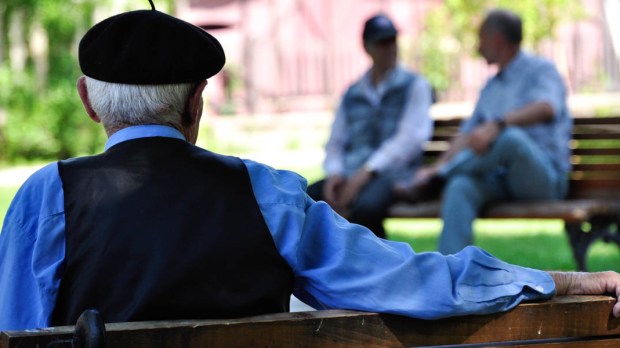Loneliness affects all of us at some point in our life. It’s a subjective perception of disparity between the level of social contact we want and that which we feel we have achieved. It’s a negative sentiment, with both a social dimension (when we lack a network of social relationships with whom to share our interests and activities) and an emotional dimension (when we lose a close or intimate relationship with another person).
There are quantitative aspects of loneliness, such as the number of friends we have, and also qualitative aspects, such as the strength of our relationships with our friends and family members. This combination makes the subjective dimension of loneliness inevitable.
Researchers Scalise, Ginter and Gerstein (1984) discovered four factors involved in the feeling of loneliness: depletion, isolation, agitation, and dejection.
– Depletion consists of a decrease in energy and performance, also related to a lack of a sense of meaning in life.
– Isolation is a feeling of alienation from other people.
– Agitation includes aspects of frustration, dissatisfaction, and antagonism. This agitation is a reaction to objects both in the external world and in one’s interior world.
– Dejection could be described as depression and discouragement; of the four factors, it’s the one most similar to depression.
While loneliness can affect anyone, some personality types are at a higher risk of suffering from it, depending on certain characteristics, such as the following:
– Self-esteem: People with low self-esteem tend to feel incompetent, unloved, and worthless.
– Social skills: Timid or introverted people often don’t know how to act in their relationships with others. They reveal very little about themselves, and when they do, they do it inappropriately.
– Social-demographic characteristics: Young people (teenagers) and single adults feel lonelier than others.
– Childhood experiences: Divorce creates feelings of guilt and low self-esteem in children. They often arrive at the conclusion that people cannot be trusted.
– Loneliness and aging
Although people of all ages can experience loneliness, it can be a particularly devastating factor in the life of people who are growing old. The elderly have a particular need to be loved and heard.
Frequently, due to being abandoned by their families, they feel the need to share their life experiences and pass on their knowledge to younger people. It should be noted that the loss or change of roles imposed by old age, especially after retirement—chosen or not—has a certain negative effect, demanding detachment from functions that have been very meaningful and which are accompanied by social recognition. This can happen as much in the area of people’s professional life as in their role as a leader in the family.
Many elderly people experience a lack of company, affection, and support, which is exacerbated by a lack of quality social relationships, and a lack of perceived affection in their relationship with their children (empty nest syndrome). A lack of social interaction increases the degeneration of mental functioning and of the immune system in old age, despite a person’s having led a normal social life during earlier stages of life.
From the perspective of social psychology, the best way to help our eldest loved ones avoid a decrease of family and interpersonal contacts over time is for us to start cultivating our relationships with them today. Our elderly people’s quality of life is the quality of life of our society.

